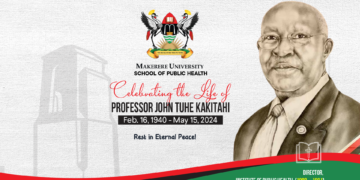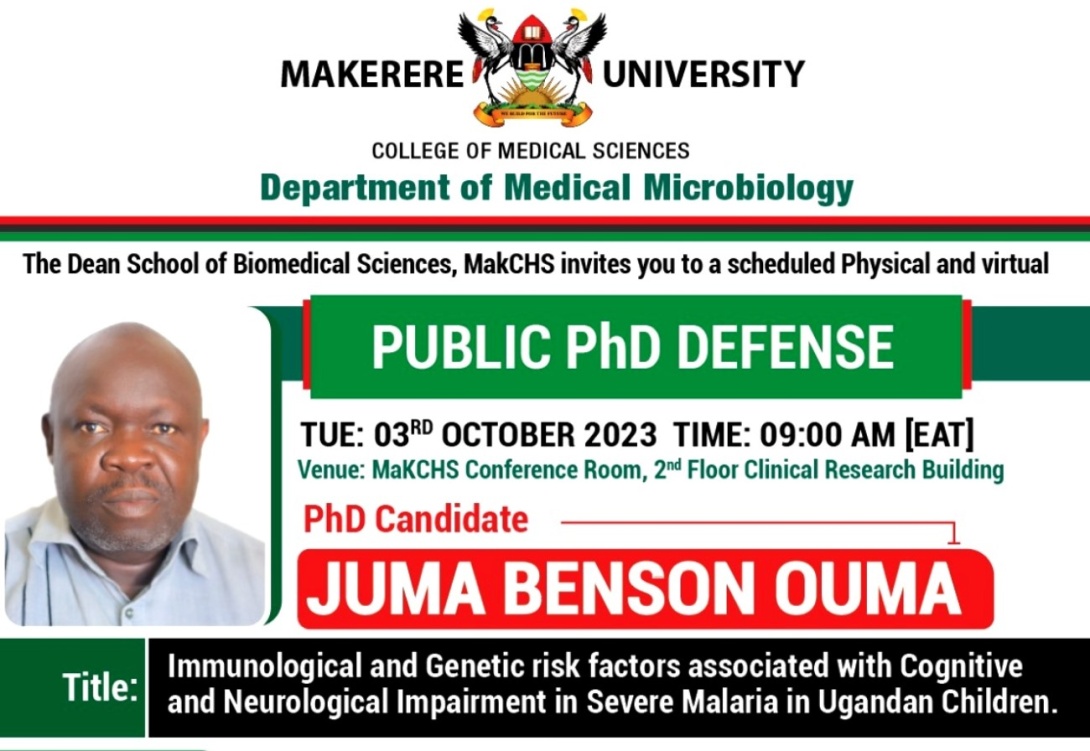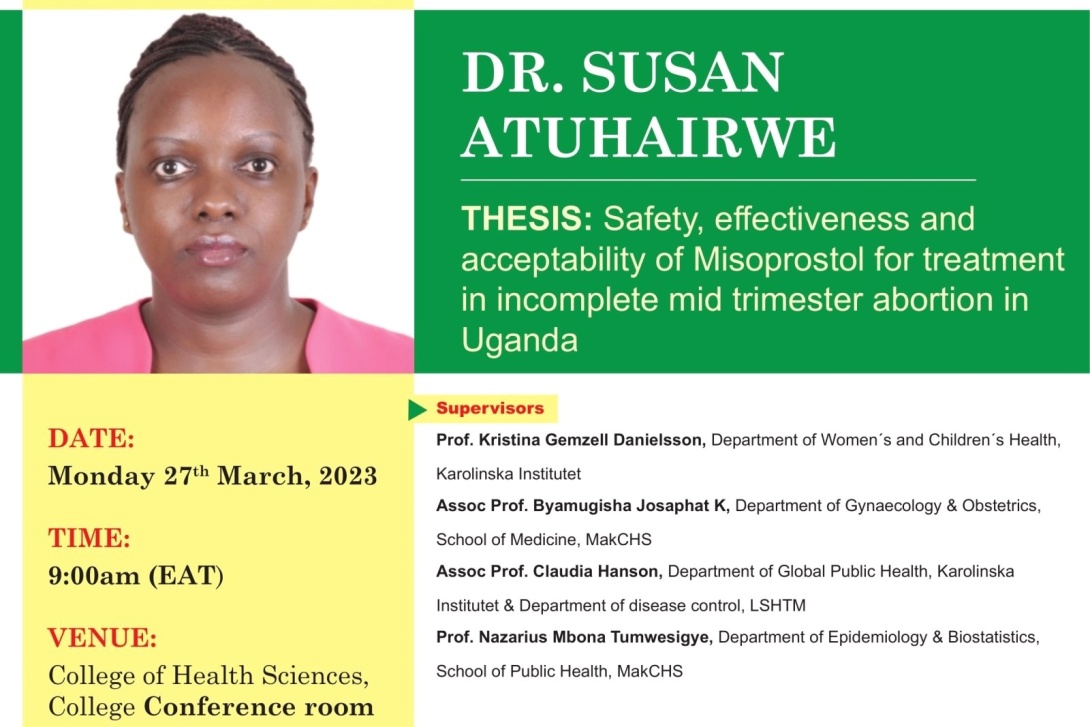Makerere, Uganda – As Uganda faces the burden of tropical diseases, Dr. Benson Ouma Juma’s doctoral thesis could offer a breakthrough in understanding causal factors driving severe malaria among its children.
The study titled “Immunological and genetic risk factors associated with cognitive and neurological impairment in severe malaria in Ugandan children” investigated the immunological and genetic risk factors associated with cognitive and neurological impairment in severe malaria in Ugandan children.
Dr. Ouma who graduated yesterday during Makerere University’s 74th Graduation, maintains that his study helps us understand how severe malaria affects the brains of Ugandan kids.
By looking closely at the body’s responses and certain genes, Dr. Ouma found factors that link to long-term problems with thinking and memory.
The study not only shines a light on the factors contributing to the severe form of malaria but also provides a pathway for potential advancements in assessing risks and developing intervention strategies.
The findings are particularly crucial as severe malaria continues to be a significant health concern for children in Uganda.
One of the key discoveries of Dr. Ouma’s research is the intricate link between immunological responses and cognitive outcomes in children affected by severe malaria.
His study identified heightened endothelial activation markers as key contributors to the pathophysiology of severe malaria.
These markers, especially angiopoietin-2, were found to play a crucial role in causing long-term cognitive deficits among survivors.
Angiopoietin-2, a specific marker of endothelial activation, emerged as a significant player, showing strong associations with disease severity.
Importantly, it was identified as a predictor of worse long-term cognition in children who experienced severe malarial anemia and cerebral malaria.
This critical finding not only deepens our understanding of severe malaria’s impact on cognitive function but also introduces a potential biomarker that could help assess risks in future research and clinical applications.
Dr. Ouma’s research also explored the influence of age on cognitive outcomes. The study revealed that the levels of angiopoietin-2, indicative of endothelial activation, are closely linked to worse long-term neurocognitive outcomes, particularly in children who suffered from severe malaria before the age of 5.
Interestingly, these effects persisted beyond the critical age threshold of 5 years. This nuanced understanding emphasizes the need for tailored approaches in assessing and addressing cognitive impairments associated with severe malaria, especially in younger children.
The implications of Dr. Ouma’s research are promising for translational research, envisioning the development of interventions based on the identified immunological and genetic risk factors.
Moreover, the study advocates for the potential use of angiopoietin-2 as a biomarker for risk stratification in severe malaria cases.
The collaborative efforts of the research team, supported by the D43 Grant and Global Health Uganda, have not only expanded our knowledge of severe malaria’s cognitive impact but have also opened avenues for future research endeavors aiming to enhance diagnostics, risk assessment, and targeted interventions.
















































